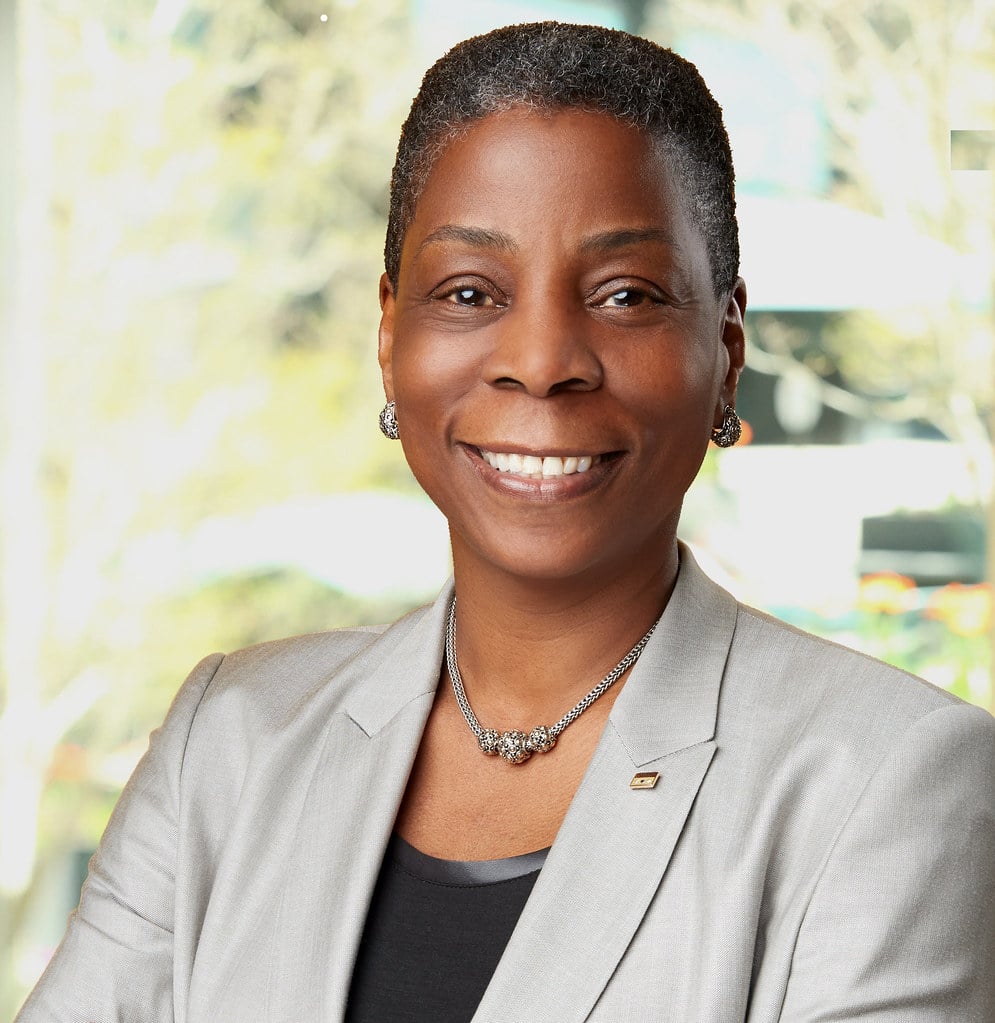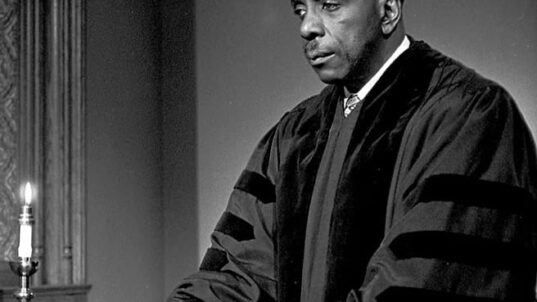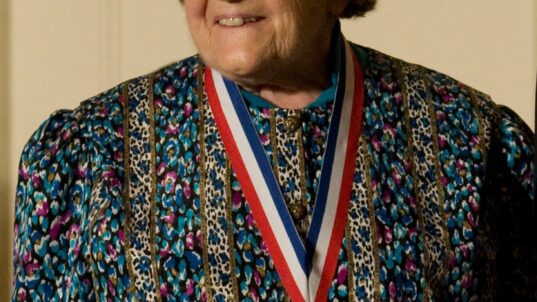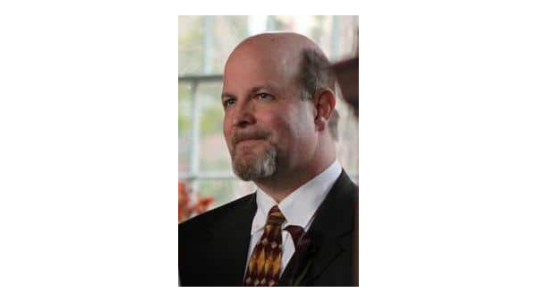
“Ursula Burns, CEO” by US Department of State is marked with CC BY-NC 2.0
Ursula Burns was born in 1958 to parents who immigrated to America from Panama. She grew up in the housing projects of NYC. She earned BS and MS degrees in Mechanical Engineering from Brooklyn Polytechnic Institute and Columbia University, respectively. A critical moment in Ursula’s education was an internship with Xerox, which turned into a career with Xerox.
A year after that internship in 1980 and upon completion of her masters degree, Xerox hired Ursula to work in product development. After 10 years Ursula’s career took another critical turn. One of the senior executives asked her to be his executive assistant. This subsequently led to her becoming an executive assistant to the CEO of Xerox. She had been identified as a high performer and was getting exposed to issues at the highest level of the company.
Eighteen years into her career, Ursula was appointed a vice president of Xerox. This then led to two more senior level positions where she received exposure to all aspects of Xerox’s business. Twenty-eight years into her career, Ursula became the president of Xerox. She was the first African American woman to be a CEO of a Fortune 500 Company. The fact that she succeeded another woman in the position was another first in American business history.
As CEO of Xerox, Ursula saw the need to disconnect the two businesses of Xerox: a document technology company (Xerox), and a document services company (Conduent). Once the separation took effect, Ursula stepped down from her leadership role.
Following her career at Xerox, Ursula was asked by then-President Obama to lead a national STEM education effort. She was one of the co-founders of Change the Equation, a CEO-led organization that works to ensure that students have a quality STEM education. Ursula later became the CEO of VEON, the ninth largest mobile telecommunications service company in the world, primarily serving Asia, Africa, and Europe.
Throughout her executive leadership positions, Ursula has had a focus on corporate social responsibility. The values that she espouses in her various leadership positions reflect the opportunity that she was given at Xerox: reaching down and lifting up.
All of us, when reaching a certain position in our lives, have the opportunity to support others by sharing our knowledge and giving them opportunities they may not otherwise have had. We might do this initially with siblings. As we move through school, we might help out others who are younger. As we move through our careers, we will have many opportunities to mentor others.
Why reach down and lift up? Every person, at some point, needs help, and all of society benefits when we help the next generation reach their highest potential. On top of that, there is an immense joy in seeing a protégé succeed. Coaches and teachers have immense pride in the success of those they have guided. All of us can feel that same pride when we “reach down and lift up.”
Just imagine how many lives could be improved if “reaching down and lifting up” became a basic human value? How might we develop that value? How could we develop the supports and incentives to spread this practice across our society?
* * *
“A mentor is someone who allows you to see the hope inside yourself.” – Oprah Winfrey
This is part of our “Just Imagine” series of occasional posts, inviting you to join us in imagining positive possibilities for a citizen-centered democracy.



